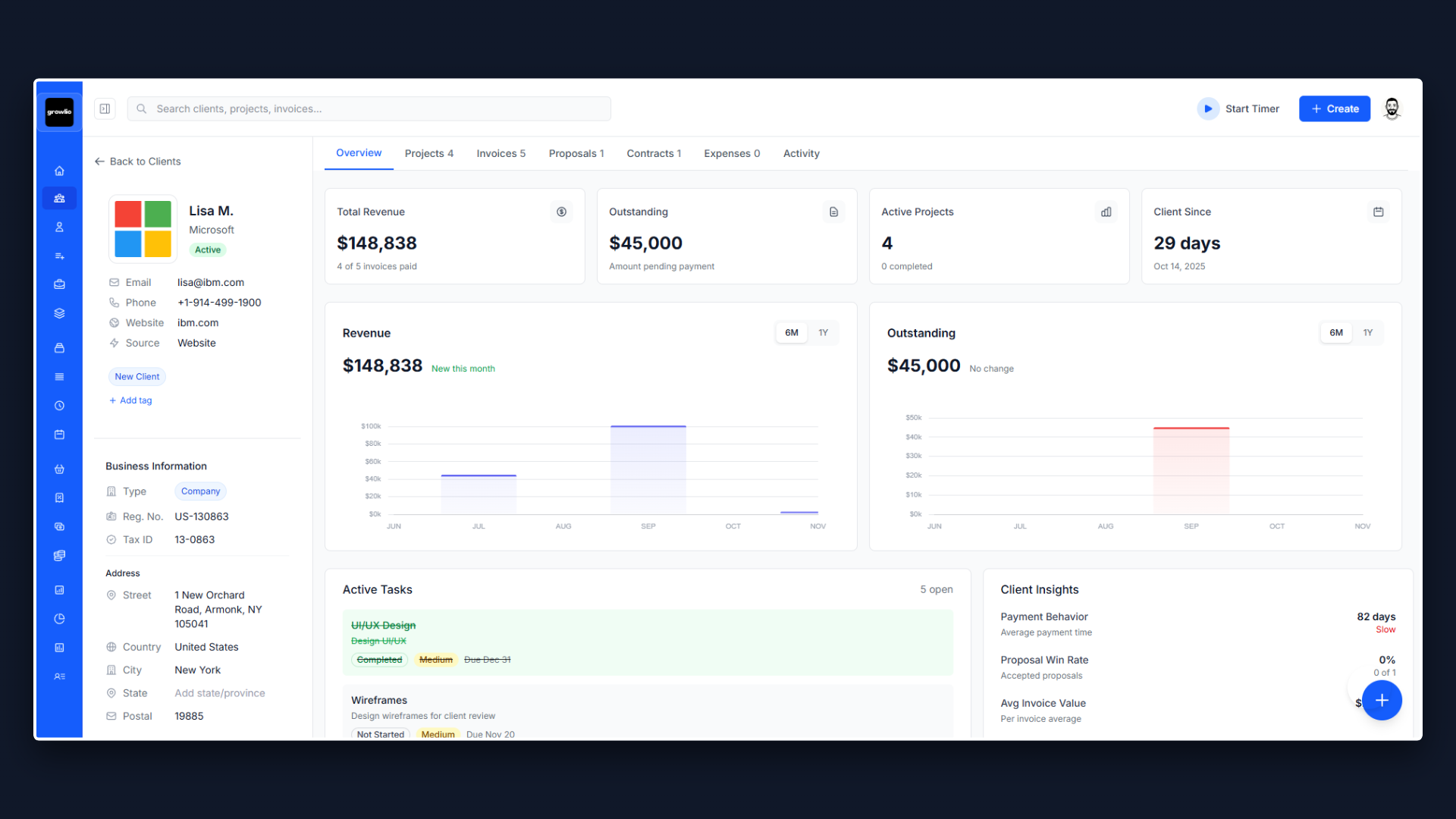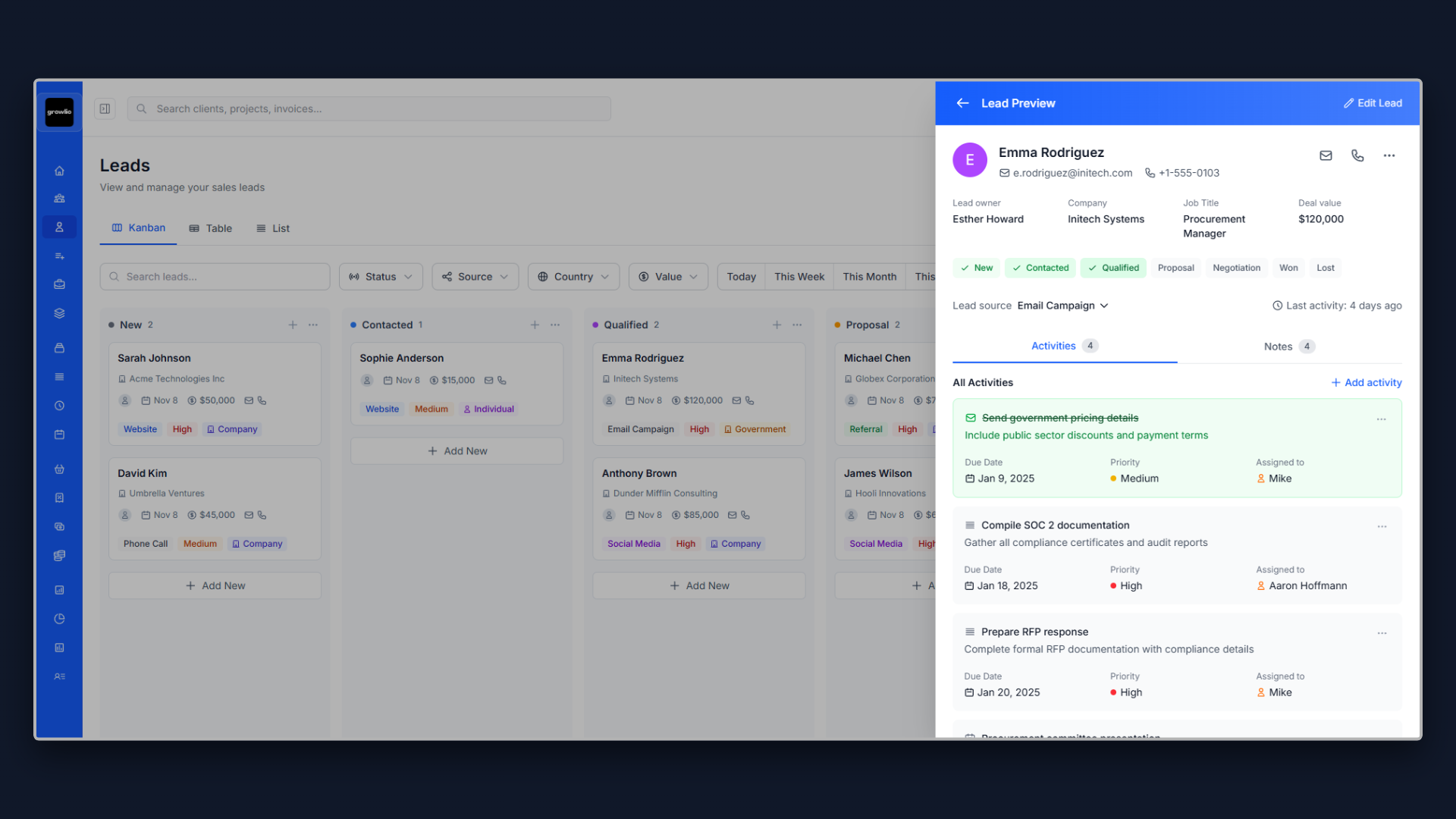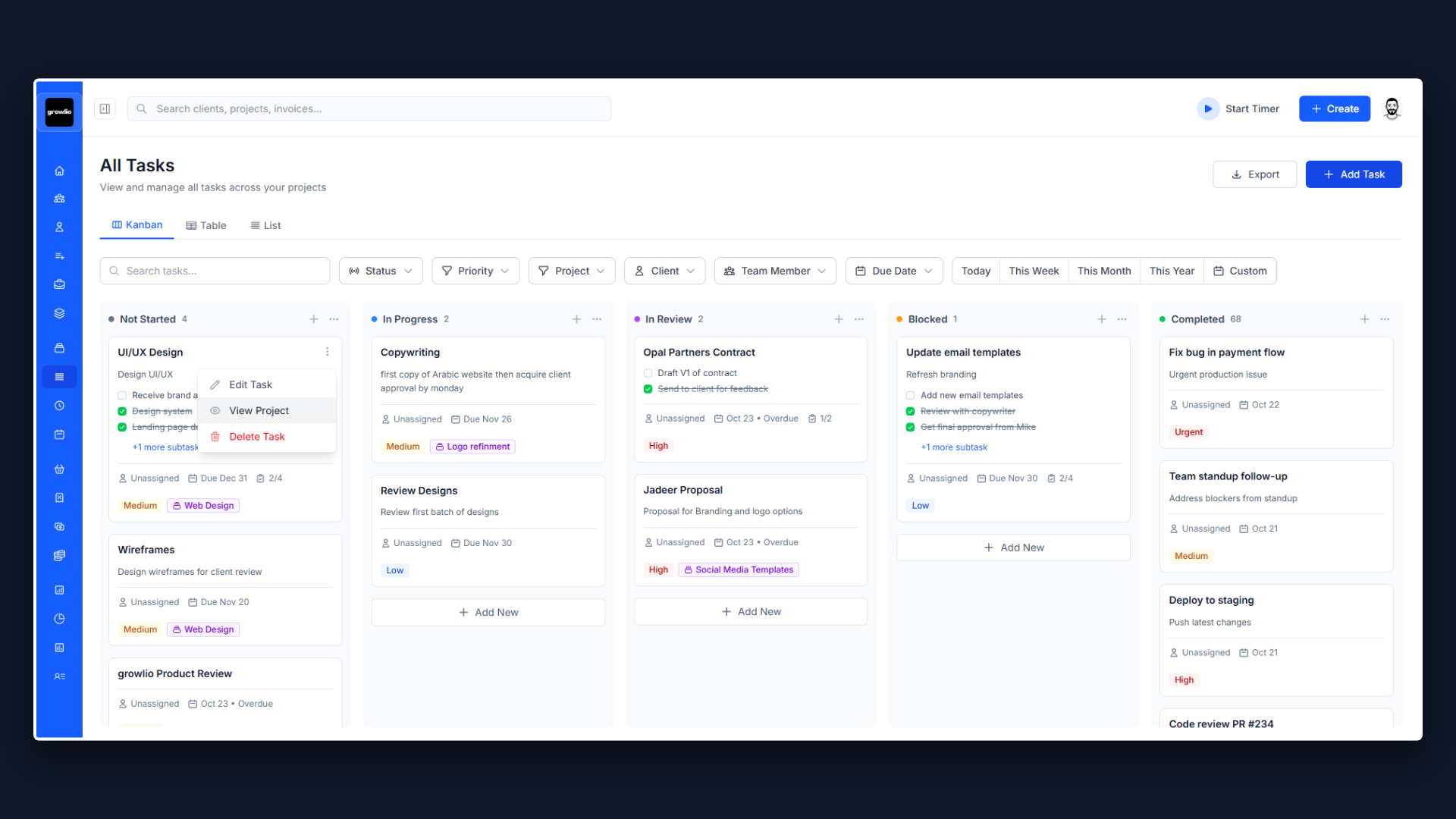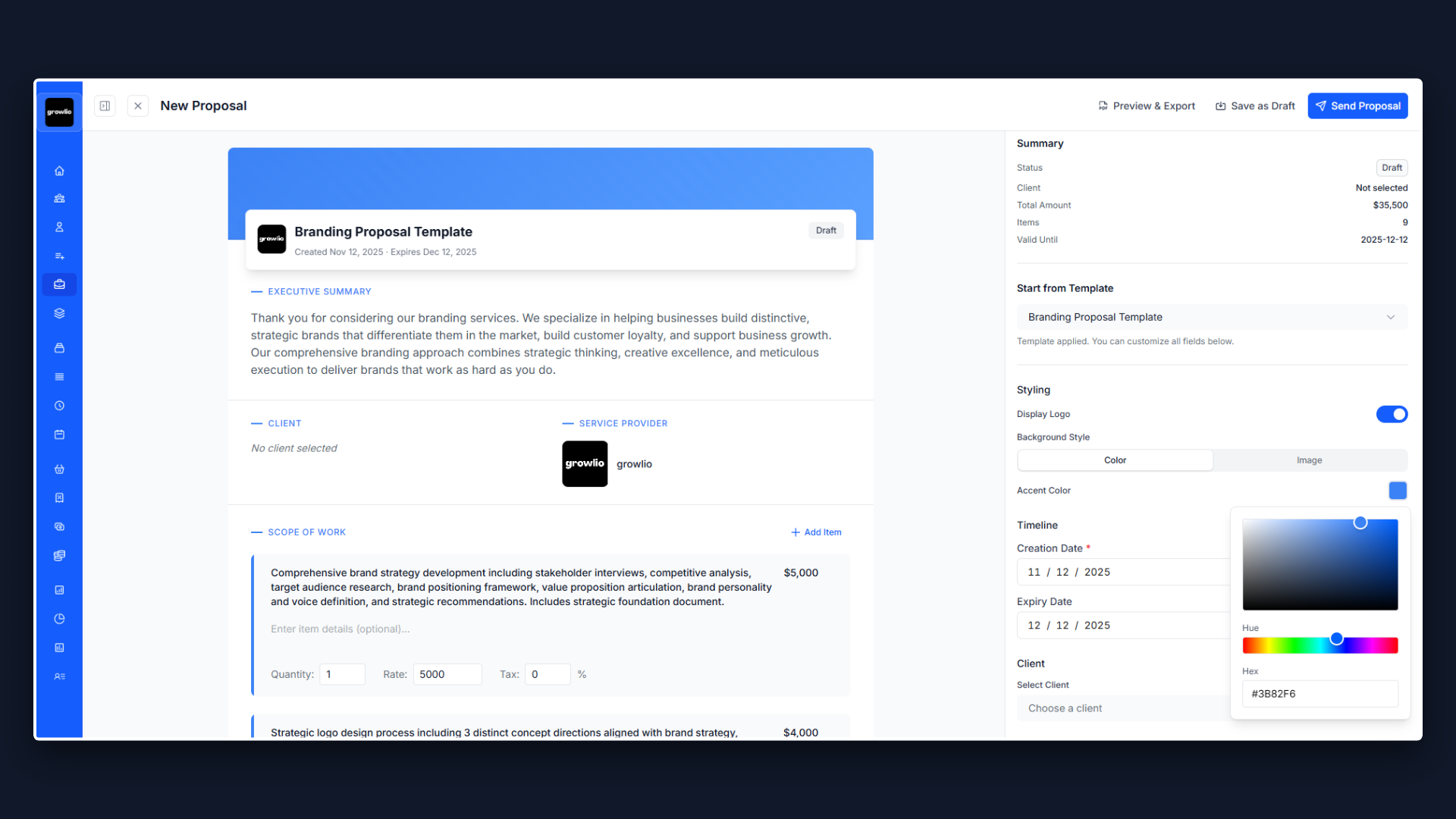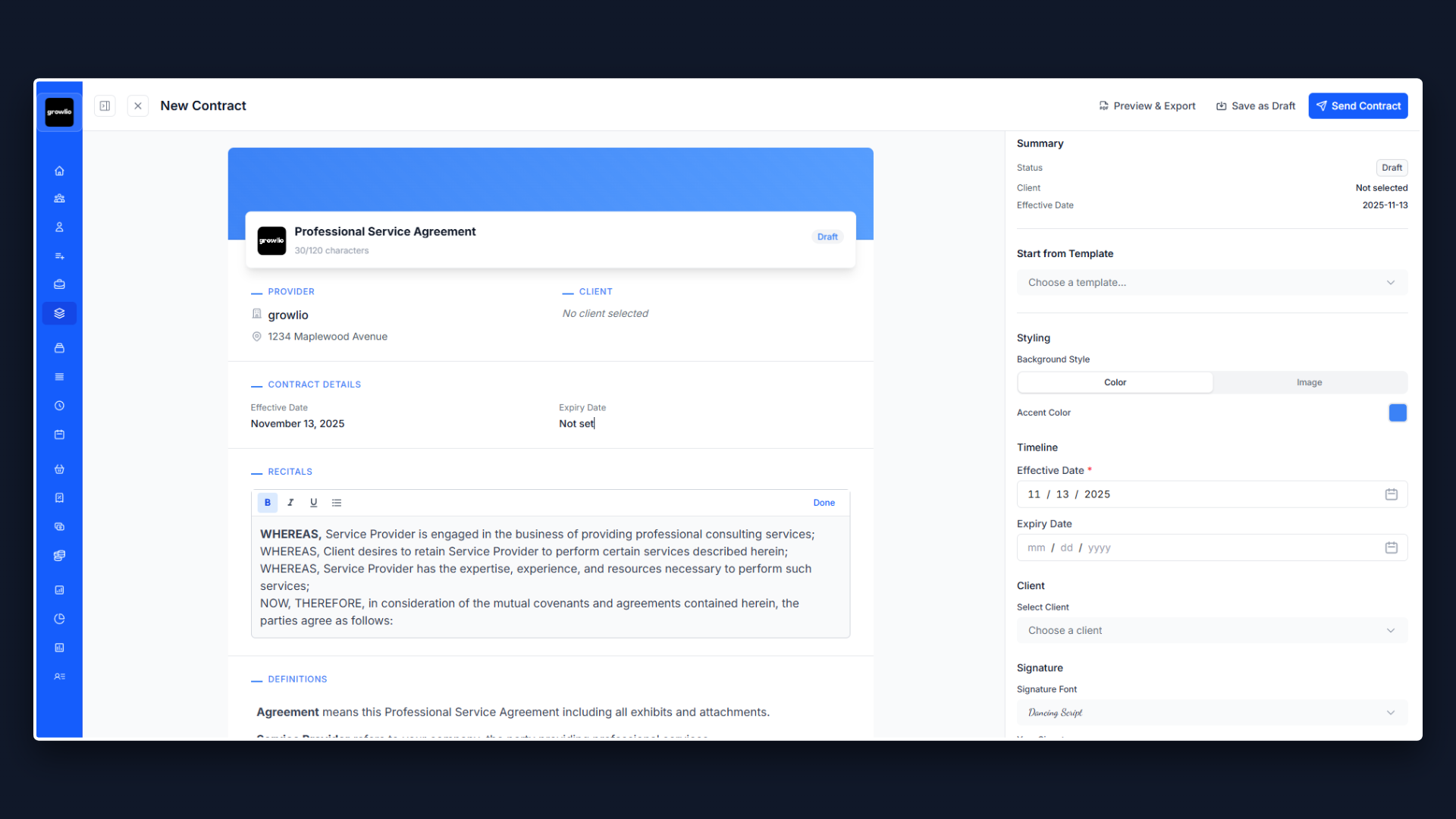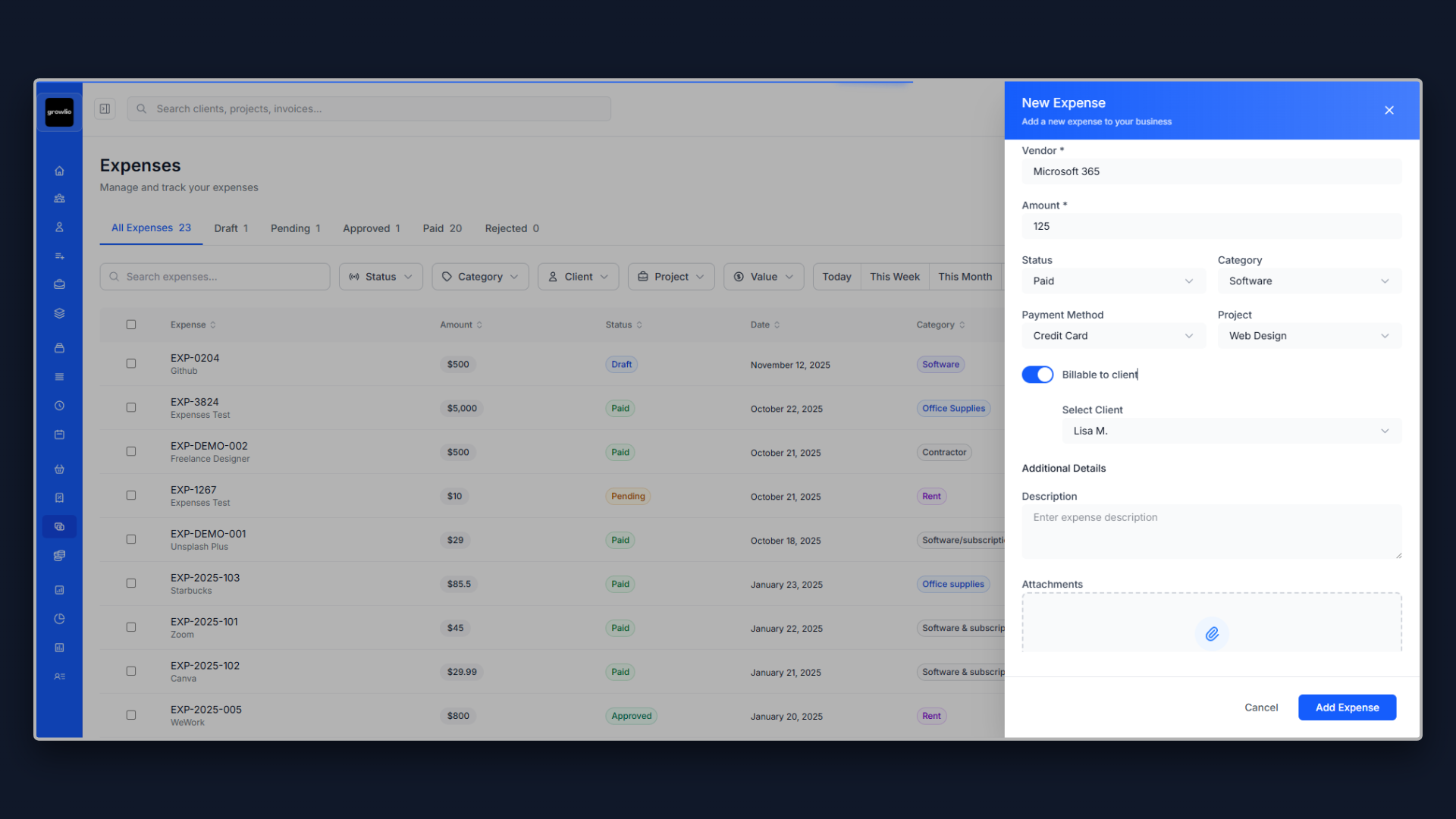Complete Guide to Dubai Business Setup Costs in 2025
Setting up a business in Dubai has never been more accessible. With 100% foreign ownership now available in both free zones and mainland, entrepreneurs worldwide are flocking to the UAE. However, understanding the true cost of company formation is crucial for proper financial planning. Just as you'd use accurate project estimation techniques for client work, you need precise cost calculations for your business setup.
Understanding the Cost Structure
The cost of setting up a business in Dubai varies significantly based on three key decisions: free zone vs mainland, business activity type, and office requirements. Let's break down each component to help you budget accurately.
1. License Fees: The Foundation Cost
Free Zone License: Ranges from AED 12,000 to AED 50,000 annually. Professional services and consultancy licenses tend to be on the lower end (AED 12,000-25,000), while general trading licenses can reach AED 35,000-50,000 depending on the free zone.
Mainland License (DED): Costs between AED 10,000 and AED 50,000. The Department of Economic Development (DED) sets fees based on business activity. Professional licenses start from AED 10,000, while trading licenses range from AED 15,000 to AED 50,000.
Popular Free Zones and Their Costs
- DMCC: AED 15,000-35,000 (ideal for commodities and trading)
- DIFC: AED 30,000-50,000 (financial services hub)
- IFZA: AED 12,000-20,000 (cost-effective option)
- Dubai South: AED 10,000-25,000 (near Al Maktoum Airport)
- Dubai Internet City: AED 20,000-40,000 (tech companies)
2. Office Space: The Biggest Variable
Office costs represent the largest variable expense in your setup budget. The right choice depends on your operational needs and visa requirements.
Free Zone Office Options:
- Virtual Office: AED 3,000-8,000/year - No physical space, business address only, minimal visa allocation
- Flexi-Desk: AED 5,000-15,000/year - Shared workspace, 1-3 visas typically
- Private Office: AED 25,000-100,000/year - Dedicated space, up to 6 visas based on size
Mainland Office Options:
- Budget Locations (Deira, Al Qusais, Al Barsha): AED 15,000-30,000/year
- Standard Locations: AED 30,000-60,000/year
- Prime Locations (Downtown Dubai, Business Bay): AED 60,000-120,000+/year
Remember, mainland offices also require Ejari registration (AED 2,000-5,000), the official tenancy contract registration system in Dubai. This is mandatory for license processing.
3. Visa Costs: Per-Person Investment
Each UAE residence visa for business owners, partners, or employees costs between AED 4,000 and AED 8,000. This includes:
- Medical fitness test: AED 300-500
- Emirates ID: AED 370-1,070 (depending on validity period)
- Entry permit and visa stamping: AED 2,000-3,000
- Visa processing and typing: AED 500-1,000
- Mandatory health insurance: AED 1,500-3,000 per person annually
Important: Free zones typically cap visas at 6 per company, while mainland companies can sponsor unlimited visas based on office size (typically 1 visa per 100 square feet of office space).
4. Additional Costs and Hidden Fees
Beyond the obvious costs, several additional fees can impact your budget:
For Free Zone:
- Company registration: AED 9,000-15,000 (one-time)
- Memorandum of Association: AED 1,000-2,000
- Share certificates: AED 500-1,000
For Mainland:
- Trade name registration: AED 620-2,000
- Initial approval: AED 150-300
- Ejari (tenancy registration): AED 2,000-5,000
- Local sponsor/service agent: AED 10,000-25,000 annually (for certain activities only)
- Chamber of Commerce membership: AED 1,000-3,000
Local Sponsor Requirements
Since 2021, most business activities no longer require a local Emirati partner or sponsor. However, certain restricted activities still require a local service agent (not a partner) who charges AED 10,000-25,000 annually. These activities typically include: security services, recruitment agencies, customs clearing, and certain trade activities. Check with DED for your specific business activity.
Real-World Setup Examples
Let's look at three realistic scenarios to understand total costs:
Scenario 1: Solo Consultant (Free Zone)
- License (Consultancy): AED 12,000
- Flexi-desk: AED 8,000
- 1 Visa: AED 6,000
- Registration: AED 10,000
- Total: AED 36,000
Scenario 2: Small Agency (Free Zone)
- License (Professional Services): AED 20,000
- Private Office (small): AED 35,000
- 3 Visas: AED 18,000
- Registration: AED 12,000
- Total: AED 85,000
Scenario 3: Trading Company (Mainland)
- DED License (Trading): AED 25,000
- Office (Standard location): AED 45,000
- 5 Visas: AED 25,000
- Ejari + Trade Name + Approvals: AED 5,000
- Chamber membership: AED 2,000
- Total: AED 102,000
Making the Right Choice: Free Zone vs Mainland
The decision between free zone and mainland depends on your business model, not just cost. When planning your business setup, apply the same strategic thinking you'd use when managing client expectations—be clear about what you need and what you can realistically deliver.
Choose Free Zone if you:
- Primarily serve international clients
- Want to minimize initial costs (AED 12,000-50,000 setup)
- Don't need direct UAE market access
- Require 6 or fewer visas
- Prefer zero corporate tax (vs 9% mainland)
- Work in consulting, IT, e-commerce, or international trade
Choose Mainland if you:
- Need to trade directly in UAE/Dubai
- Want unlimited visa sponsorship capacity
- Plan to operate retail, restaurants, or local services
- Need a prestigious business address in prime locations
- Require government contracts (some mandate mainland companies)
- Plan to scale significantly with local staff
Cost-Saving Strategies for 2025
1. Start Small, Scale Smart
Begin with a virtual office or flexi-desk in a free zone. Once revenue stabilizes, upgrade to a private office or mainland setup. Many successful agencies follow this path, saving AED 20,000-40,000 in year one. This phased approach aligns with client onboarding best practices—start lean, prove value, then invest in growth.
2. Choose the Right Free Zone
Not all free zones are equal. IFZA and Dubai South offer significantly lower costs (AED 12,000-20,000) compared to premium zones like DIFC (AED 30,000-50,000). Unless you specifically need the prestige or specialized services, opt for cost-effective zones.
3. Bundle Services
Many business setup companies offer package deals that include license, office, visas, and PRO services. These bundles typically save 10-15% compared to purchasing services separately.
4. Plan Visa Numbers Carefully
Each visa costs AED 4,000-8,000. Start with essential visas only (typically 1-2 for founders). Add employee visas as you hire, rather than allocating and paying for unused visas upfront. Understanding your true employment costs helps you budget more effectively for visa and salary expenses.
5. Time Your Setup Strategically
Some free zones offer promotions during slower periods (summer months). Additionally, setting up early in the year gives you a full 12 months before renewal, maximizing your initial investment.
Pro Tip: The Real Cost is Annual
Remember that license and office costs recur annually. Budget for renewal costs from day one. A AED 30,000 setup becomes AED 60,000 over two years. Many entrepreneurs underestimate ongoing costs and face cash flow issues at renewal time. Plan ahead by setting aside 15-20% of your monthly revenue for renewal expenses.
Common Mistakes to Avoid
Mistake 1: Choosing Based on Cost Alone
A cheap free zone license is worthless if you can't legally serve your target market. Mainland costs AED 15,000 more but gives full UAE access—potentially worth millions in revenue.
Mistake 2: Underestimating Office Space Needs
A virtual office limits you to 1-2 visas. If you plan to hire even 2-3 employees, you'll need to upgrade mid-year at significant additional cost. Plan for 12-18 months ahead.
Mistake 3: Ignoring Hidden Renewal Costs
First-year promotions look attractive, but renewal rates can be 30-50% higher. Always ask for the renewal cost in writing before committing.
Mistake 4: DIY Without Expert Guidance
Navigating DED requirements, bank account opening, and visa processes without experienced PRO support typically adds 2-3 months to your timeline and often results in costly mistakes. The AED 5,000-10,000 for professional services pays for itself in time saved and errors avoided.
2025 Regulatory Updates
Stay informed about recent changes affecting setup costs:
- Corporate Tax: 9% tax on mainland companies (profits over AED 375,000). Free zones remain 0% for qualifying businesses.
- Golden Visa: Investors spending AED 2 million+ can get 10-year residence visas (cost: AED 10,000-15,000).
- Remote Work Visa: One-year visa for remote workers (AED 3,000-5,000) - doesn't require company setup.
- Freelance Permits: Several free zones now offer freelance permits (AED 7,500-15,000) for solopreneurs.
What This Means for You
The freelance permit option is a game-changer for solo consultants and service providers. At AED 7,500-15,000 annually with 1 visa included, it's 40-50% cheaper than traditional company setup. Perfect for testing the market before committing to a full company structure.
Next Steps: Your Setup Roadmap
- Use the calculator above to estimate costs for your specific situation
- Research 3-5 free zones or mainland options matching your business activity
- Request detailed quotations including renewal costs and all fees
- Verify license compatibility with your target market and business model
- Budget 15-20% buffer for unexpected costs and processing delays
- Choose a reputable business setup company with proven track record
- Plan your first 12-18 months including renewal and scaling costs
Setting up a business in Dubai is straightforward when you understand the costs involved. The key is choosing the right structure for your specific business needs, not just the cheapest option. Whether you start with a AED 12,000 free zone flexi-desk or a AED 100,000 mainland office, Dubai offers unparalleled opportunities for entrepreneurs ready to invest in their vision.
Ready to Get Started?
Use our calculator above to get your personalized cost estimate. Adjust the variables to compare different scenarios and find the optimal setup for your budget and business goals. Remember, the cheapest option isn't always the best— choose based on where your business will be in 12-18 months, not just where it is today.
